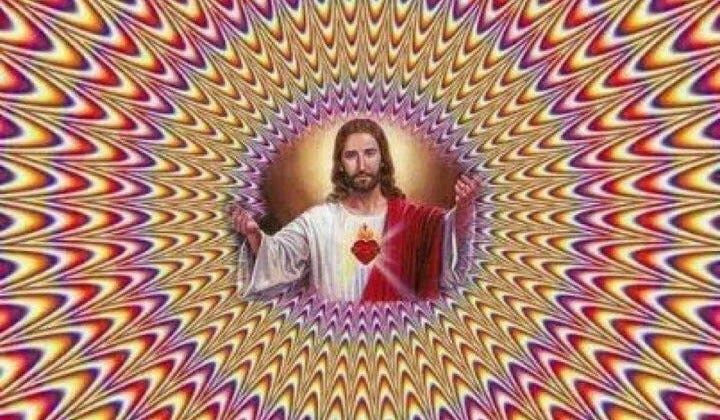I’ve written before about the relationship between LSD therapy and Christianity (specifically Anglicanism), in a British context, focusing on the work of Dr Frank Lake who promoted LSD’s role in pastoral care during the 1950s and 1960s. What became clear was that Lake, and other Christian critics of psychedelia, took umbrage with its mystical and universalist claims. They focused on how the drug either helped or disrupted the secondary, ritual aspects of Church experience.
I am going to briefly touch upon the same territory again, but here in a North American context. Across the pond, LSD therapy, and universalist claims for religious experience, were much more closely allied. Christian elements were certainly there—as one would expect from what was still very broadly a Christian culture—but a process emerges of deterritorializing Christian ritual and meaning, in favour of a medicalized psychospiritual approach with perennialist symbolism.
Peyote, the mescaline-containing cactus, is emp…




